031814_YKMV_A17.pdf









shop online at www.missourivalleyshopper.com
March 18, 2014 • Page 17
Clean produce properly
to avoid contaminants
? FAIR
From Page 16
South Dakota Department of Agriculture's mission is to
promote, protect, preserve and improve this industry
for today and tomorrow. Visit us online at
http://sdda.sd.gov or follow us on Facebook and
Twitter.
Scottish cattle
draw interest
along Highway 34
FEDORA, S.D. (AP) — If
you've ever slowed down to
look at those unique cattle
along state Highway 34
between
Fedora
and
Howard, you're not the
first.
In fact, Gary Moschell
says they've got to be the
most photographed cattle
in the state.
"People love to stop and
check them out," he said.
"They've got so much
more personality than your
typical angus."
That's because Moschell
Farms
has
Scottish
Highland cattle, which
carry a long, shaggy coat
during the winter months
to keep them warm and
often have long locks of hair
above their noses.
Moschell said Scottish
Highlands usually handle
the cold weather better than
the herd of bison that are
also on his land in western
Miner County.
"They're out there in 20below weather and they're
grazing. I'm freaking out,"
said Lynette Forth, who
lives with Moschell. "I
worry about them nonstop,
but we really don't have too
much for winter problems."
They vary in colors from
red to white, silver to black
and brown, and sometimes
a yellowish color.
"They've been known to
change colors three times in
their lifetimes. It's pretty
neat," Forth said. "They are
just so fun."
Forth said the cattle are
like people, in that they're
calm and crazy at different
times. Moschell told the
story of being picked up by
a cow from behind and
both Moschell and the cow
being a little surprised.
"She had her forehead
right in my butt and her
nose right between my legs
and I had a handlebar on
each
side,"
Moschell
recalled. "So she gave me a
ride for about 10 feet and
the she was like 'Oh.' She
put me right down and
almost apologized."
"They don't really poke
us with the horns,"
Moschell added. "They'll
swat us first. Or they'll do
what we call the hamburger
dance and they'll shake
their head at you."
Forth, who has been
with Moschell since 2000,
said the cattle story started
in 2007 when they traveled
to the western part of the
state to buy a calf.
"I really like cows, and I
kept teasing Gary that I
wanted a little white baby,"
Forth said. "We went out
there and I thought we
would go out there and pick
out a calf and have it as a
pet, and we came back with
a herd. That's kind of how it
started."
As Moschell describes it,
he's just the farmhand and
Lynette runs the operation.
"Do you think she loves
them?" he asked teasingly,
as she dug out photos and
referred to each of their cattle by name.
Forth has found a way to
personalize each of her cattle in the pasture. She refers
to each of them by name, as
opposed to the typical standard numbering of the ear
tags on a cow. The names,
which she had to get permission from the state veterinarian to use, have taken
on a life of their own.
One of them is named
Patsy Cline, because as
Forth said, she's "Crazy."
Other names include
"Merigold," ''Angel" (and
her calf known as "Angel
Baby"), "Calendar Girl,"
''Effie" and "Brown Cow."
"There's Iffy," Forth said
about one who was named
The demand for fresh produce has increased in recent
years as more people are turning to fresh fruits and vegetables for their nutritional value.
That increase in demand has
forced many suppliers to
import more produce from
other countries, which could
be putting consumers' health
at risk.
Although the United
States and Canada may have
stringent standards for produce, many other countries
do not. Less stringent regulations overseas can result in
irrigation water carrying
sewage, pollutants and parasites to crops, and herbicides
and pesticides may be used in
abundance in foreign countries where such usage is subject to little, if any, oversight.
Fewer regulations means
some farms pay more attention to profit than to the purity and safety of crops. The
Pure Food
Growers of America states
that the average American
consumes more than 10
pounds of insecticides and
herbicides every year from
produce. Many of these substances are proven carcinogens.
Thoroughly washing and
soaking fresh produce is the
key to removing potential
hazards from foods.
Organic fruits and vegetables may be less risky, but even
organic foods are susceptible
to contamination because of
potentially unsafe handling
practices.
All produce should be
washed before eaten. Before
cleaning produce, stock up on
a few supplies. You will need a
large plastic bowl, some apple
cider vinegar or baking soda
and a produce brush. Add
enough cool water to cover
the produce you will be washing. Add either three tablespoons per gallon of water of
the vinegar to the bowl or
sprinkle about three tablespoons of the baking soda
into the water.
It's best not to mix both
the vinegar and the baking
soda, or you may end up with
a foaming, overflowing concoction thanks to the chemical reaction that occurs when
vinegar mixes with baking
soda.
Add the vegetables or fruit
to the treated water and allow
it to soak for around 10 minutes. Use a vegetable brush to
thoroughly scrub the produce. Some foods, like celery
and lettuce, have dirt or bugs
trapped in their ribs and folds.
Soaking and scrubbing can
dislodge any bugs. Instead of
washing the entire head at
once, wash lettuce leaves as
they are used to retain the
vitamins and minerals.
After rinsing the produce,
allow to dry before eating. A
salad spinner can help dry lettuce and cabbage leaves so
they are not soggy.
It is best to wash produce
right before using it rather
than washing it in advance.
Moisture encourages bacterial
growth and hasten spoiling.
Even foods that have a rind,
such as melons, should be
washed prior to eating to
avoid contamination from the
rind to the flesh inside.
The Dirty Dozen
Certain foods are dirtier
than others in terms of the
pesticides they contain.
However, foods that were
grown without pesticides may
still be contaminated by animal feces and bacteria from
the soil and irrigation.
That being said, here are the
12 foods that are most likely to
contain the highest amounts
of pesticide residue, according
to The Environmental
Working Group.
1. Apples
2. Celery
3. Cherry tomatoes
4. Cucumbers
5. Grapes
6. Hot peppers
7. Nectarines
8. Peaches
9. Potatoes
10. Spinach
11. Strawberries
12. Sweet bell peppers
Dakota seeds program expanding,
committing $200,000 per year
PIERRE, S.D. – Gov.
Dennis
Daugaard
announced today that he
plans to commit up to
$200,000 per year in
Future Funds to continue
and further broaden the
Dakota Seeds program.
This expansion will
include support for high
school, technical school
and college or university
internships in certain
high-need industry sectors.
“We are preparing our
youth for the future by
cultivating our students’
academic
experience
through internship programs
like
Dakota
Seeds,”
said
Gov.
Daugaard.
“The new expansion
will provide more internships in science, engineering,
information
technology(IT), accounting and manufacturing.
The
South
Dakota
Department of Labor and
Regulation
identified
these industry sectors as
high-need, and now,
more than ever, the
demand is high for a
qualified, highly-trained
workforce.”
Dakota Seeds is a popular program among
South Dakota businesses.
From 2008 to 2013, more
than 190 South Dakota
companies have used the
program to provide 463
internship experiences.
The interns gained
valuable work experience
and earned more than
$3.5 million dollars combined.
Additionally,
more
than one-third of the
interns went on to take
full-time employment
with the company at
which they interned.
While the program only
requires a one-to-one
match, in reality, for
every dollar the Dakota
Seeds program has contributed, companies have
matched it with more
than $2.
Johnson Electric, LLP
? CATTLE, Page 18
GUBBELS SALVAGE
Wanted:
• Old Cars
• RV Motorhomes
• Farm Machinery
• Irrigation Systems
• Any Type of
Scrap Iron
• Grain Bin Removal
Paying Top Dollar
Will Pick Up
Towing Service & Skid
Loader Work.
1-402-640-6335
Coleridge, NE
FOR ALL YOUR AUTOMOTIVE, TRUCK
AND TRACTOR PARTS COME TO:
Year In and Year Out
One of Lindsay’s Top Dealers
“Get the good stuff!”
Bearings – Batteries – Filters
Automotive • Truck • Agricultural • Marine
Too
many
mouths
to feed?
Place an ad
in the
Missouri
Valley
Shopper
today!
COX AUTO SUPPLY
1007 Broadway • Yankton, SD • 605-665-4494
M.T. & R.C. SMITH
INSURANCE
We are a full service
dealer with extensive
parts supply, and
we service
all electric
brands.
Serving the Yankton Area Since 1949
209 W. 4th St. • Downtown Yankton, SD
605-665-3611
smithins@iw.net
301 W South St.
Hartington, NE
402•254•9557
“Only the Best in Quality”


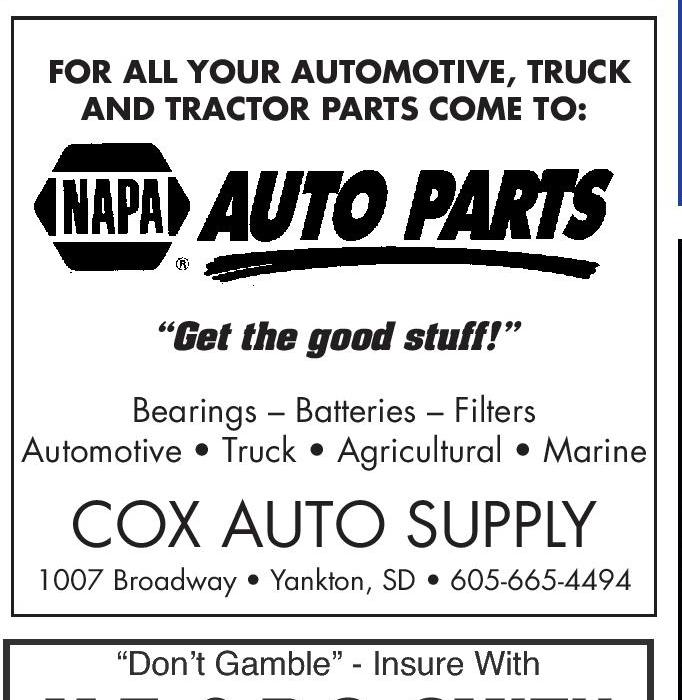

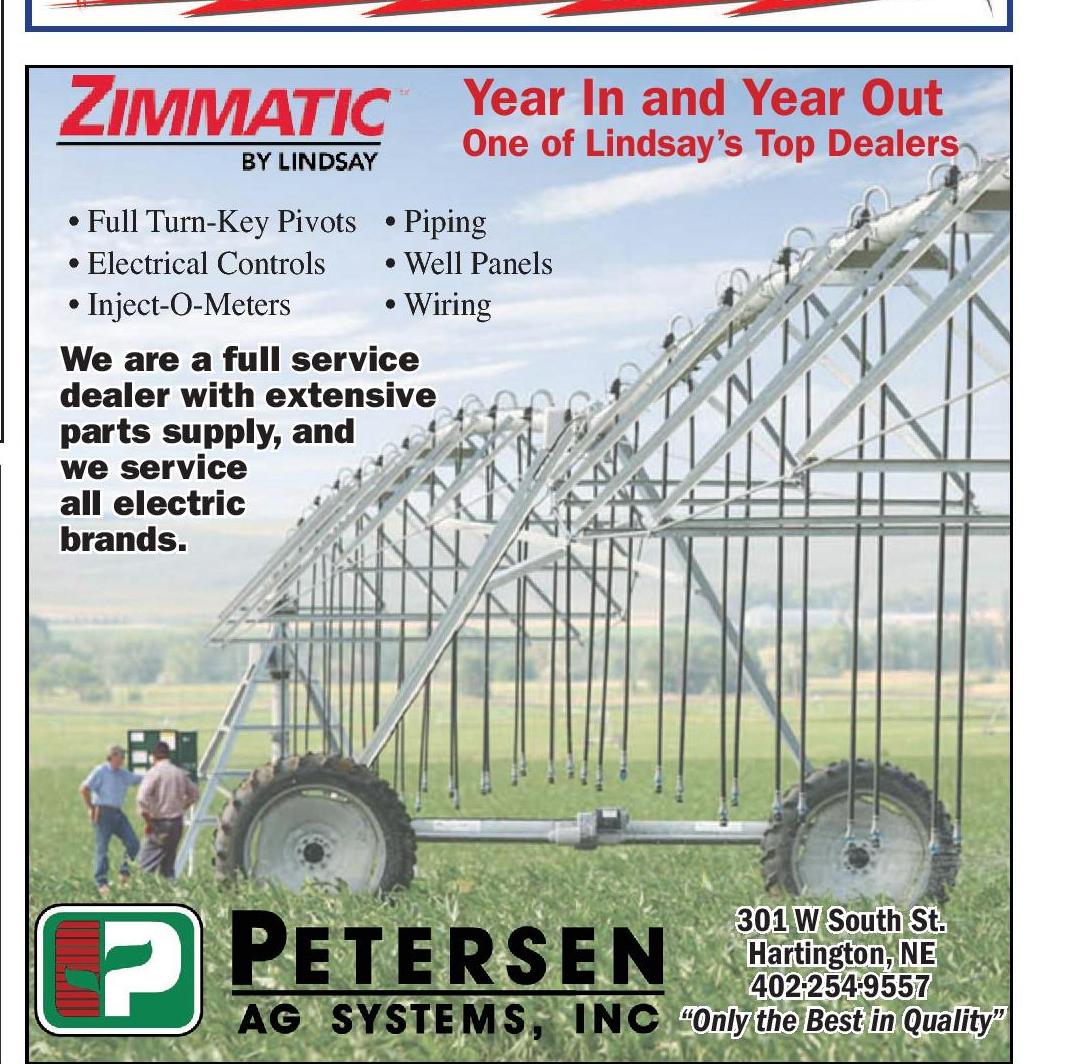
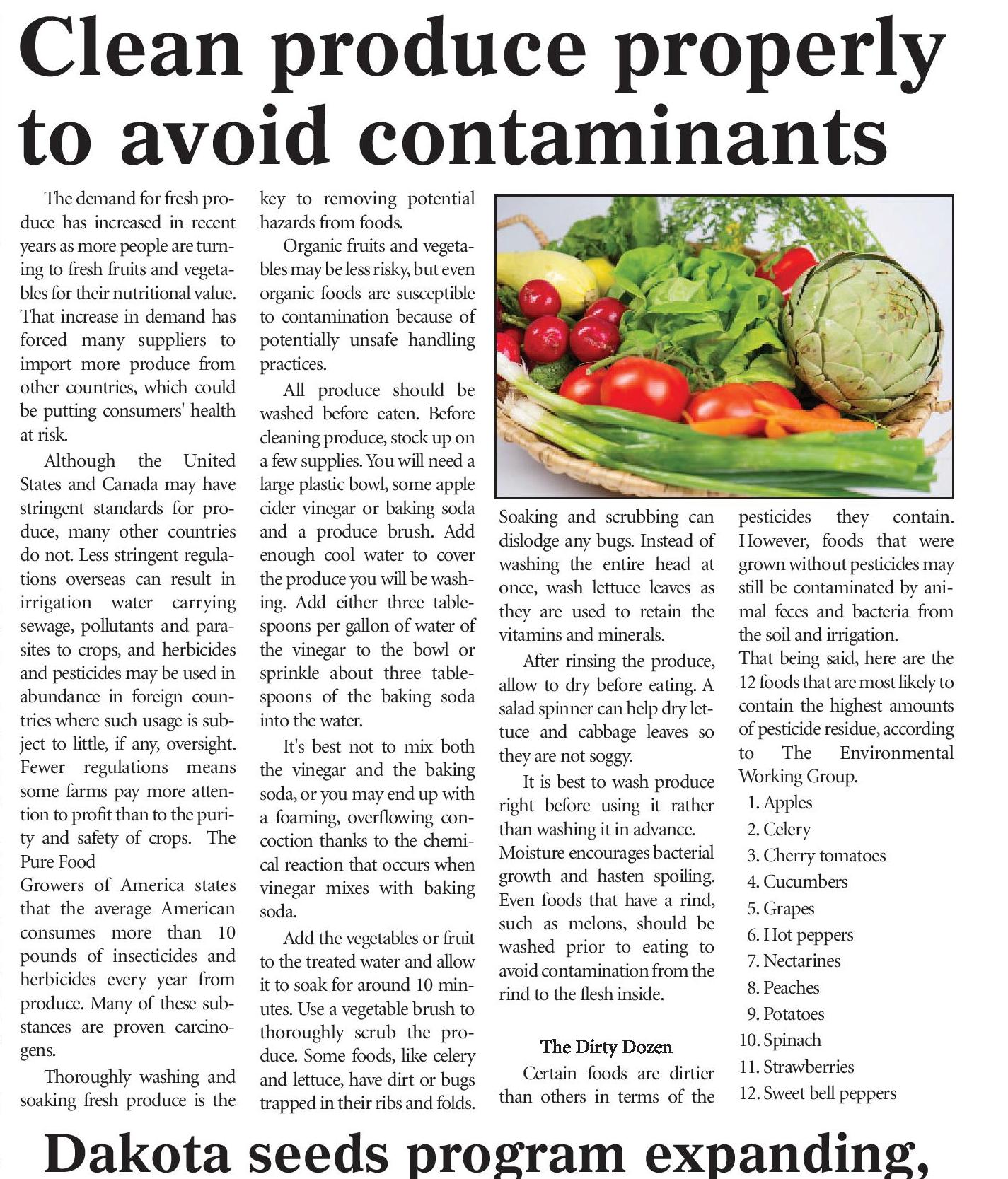





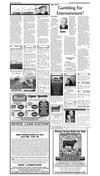





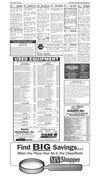


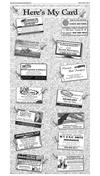
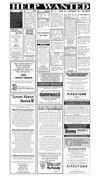

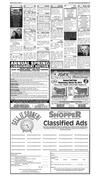

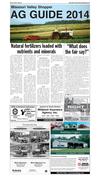
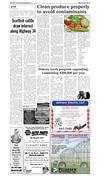

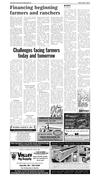

 Previous Page
Previous Page





